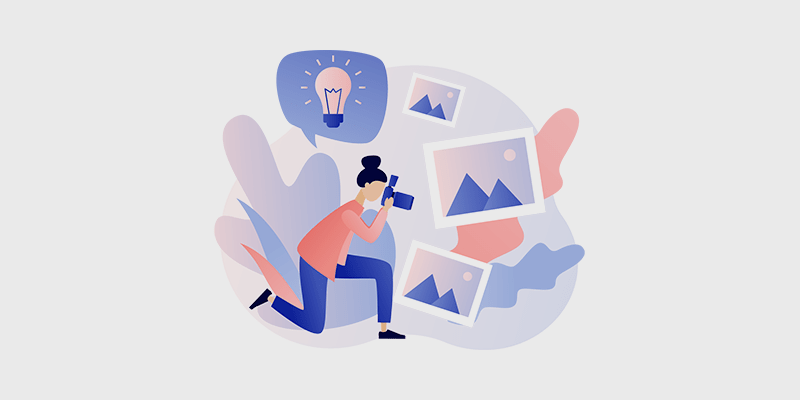Dieting for weight loss can affect mental health
During dieting, balanced meals and nutrients are necessary, which have a positive effect on mental health.
There is a deep connection between mental health and weight management, and excessive dieting can increase stress and anxiety.
Nowadays, many people are suffering from obesity due to poor lifestyle and poor diet. Physical activity is gradually decreasing in people's lives. If you work in one place for 8 hours a day, it is normal for excess fat to accumulate in the body. However, no one likes a protruding belly. This is why people adopt various measures to reduce excess belly fat and weight.
In such a situation, some people often resort to dieting to keep themselves fit and lose weight. Is dieting a good way to lose weight? Does it affect health, especially mental health?
Does dieting affect mental health?
There is a deep connection between mental health and weight management, which slightly but deeply affect each other. Losing weight is good for health. If dieting is done in a balanced way to lose weight, there is no problem. However, if dieting is done in an excessively restrictive and pressured way, it can negatively affect mental health. This can make a person face problems such as increased stress and anxiety.
Eating less food during dieting can lead to stress and anxiety due to not getting the vitamins and minerals that the body needs, which can cause emotional problems and have a negative impact on mental health.
Eating less food during dieting and not getting enough nutrients in the body can cause problems such as irritability and mood swings in people. In addition to being stressed during dieting, people often start comparing themselves with others, which can lead to low self-esteem and increased stress.
In addition, obesity is also linked to mental problems such as depression. This can increase the risk of emotional problems and make the situation worse, which can seriously affect mental health.
Dieting can cause muscle loss in places where you lose weight
If you eat less or skip meals altogether to lose weight, you will start losing muscle in places where you lose weight. When you eat fewer calories than your body needs, you may lose muscle instead of losing weight. This is because your body does not get the energy it needs.
When you do not eat or eat less, your body starts burning muscle to make energy. This can damage your muscles. In such a situation, instead of reducing or stopping food to lose weight, you should eat a balanced diet.
How to diet for good mental health?
Taking care of mental health
It is more important to focus on mental health than losing weight. During dieting, nutrients necessary for mental health, such as healthy fats and nutrient-rich foods such as walnuts and almonds, should be included in the diet.
Keeping the body hydrated
During dieting, you should keep the body hydrated by drinking enough water. Not drinking enough water can cause problems like headaches, fatigue, and irritability. Keeping the body hydrated helps to relax the mind, maintain emotional balance, and increase concentration.
Eat small meals
Eat small meals to maintain energy in the body and keep the mood stable. Healthy fats should be included in the diet. This helps improve brain function and maintain emotional balance.
Exercise regularly
Exercise can help fight the risk of depression along with obesity. Exercise reduces stress hormones in the body, which is beneficial for both mental and physical health. It is an effective way to lose weight as well as symptoms of depression.
What are the negative effects of dieting?
Dieting can cause health problems such as lack of energy in the body, weakening of bones, low metabolism, and mood swings. Sometimes women may also have problems related to menstruation. . Therefore, you should consult a doctor before dieting.
What are the symptoms of mental problems?
Mental health problems can cause symptoms such as mood swings, difficulty concentrating, excessive stress, anxiety, sleep problems, irritability, fatigue, and changes in appetite. These symptoms should not be ignored.
Is weight loss a side effect of depression?
Depression affects metabolism, which can cause weight loss in some people and weight gain in others. However, severe depression can lead to weight loss.






